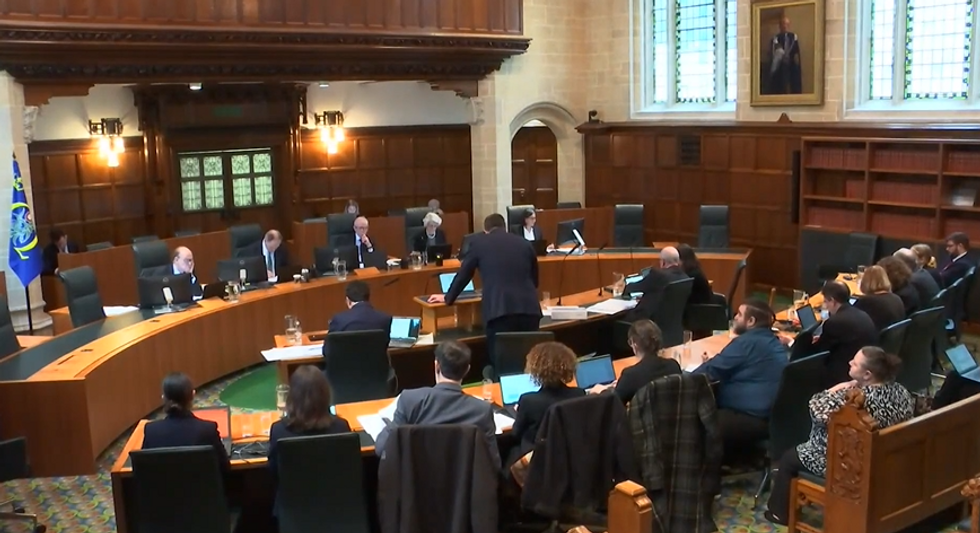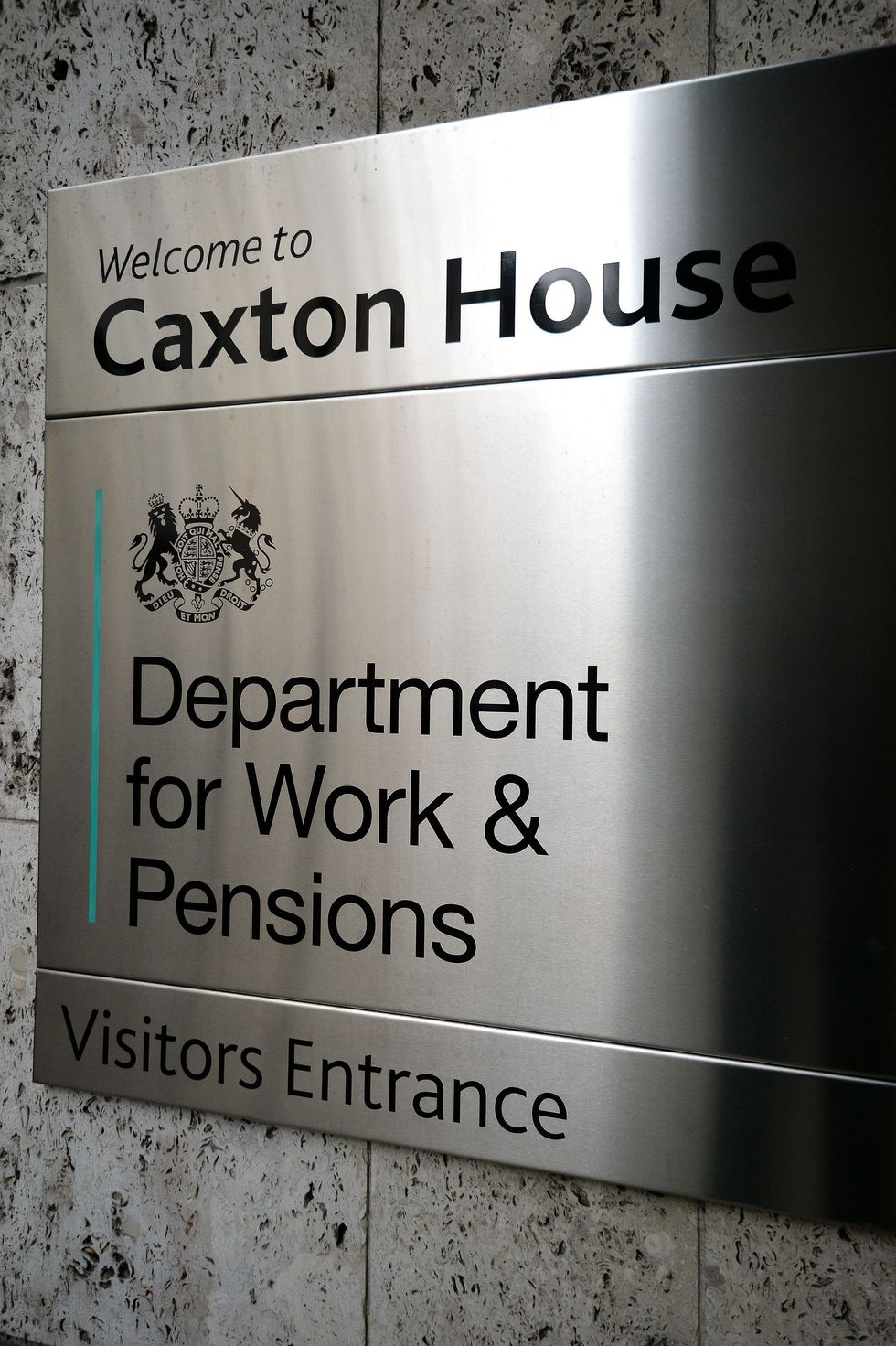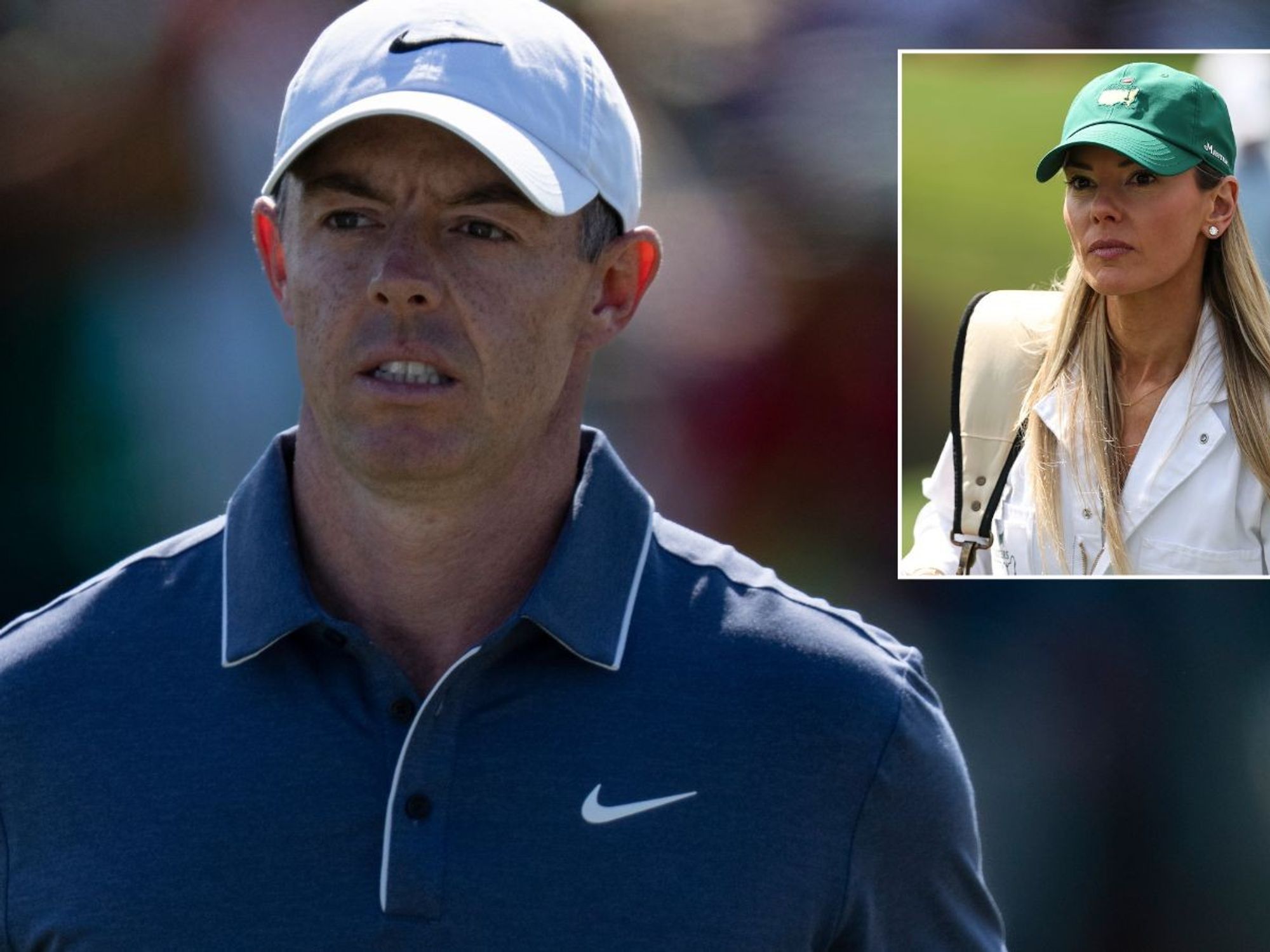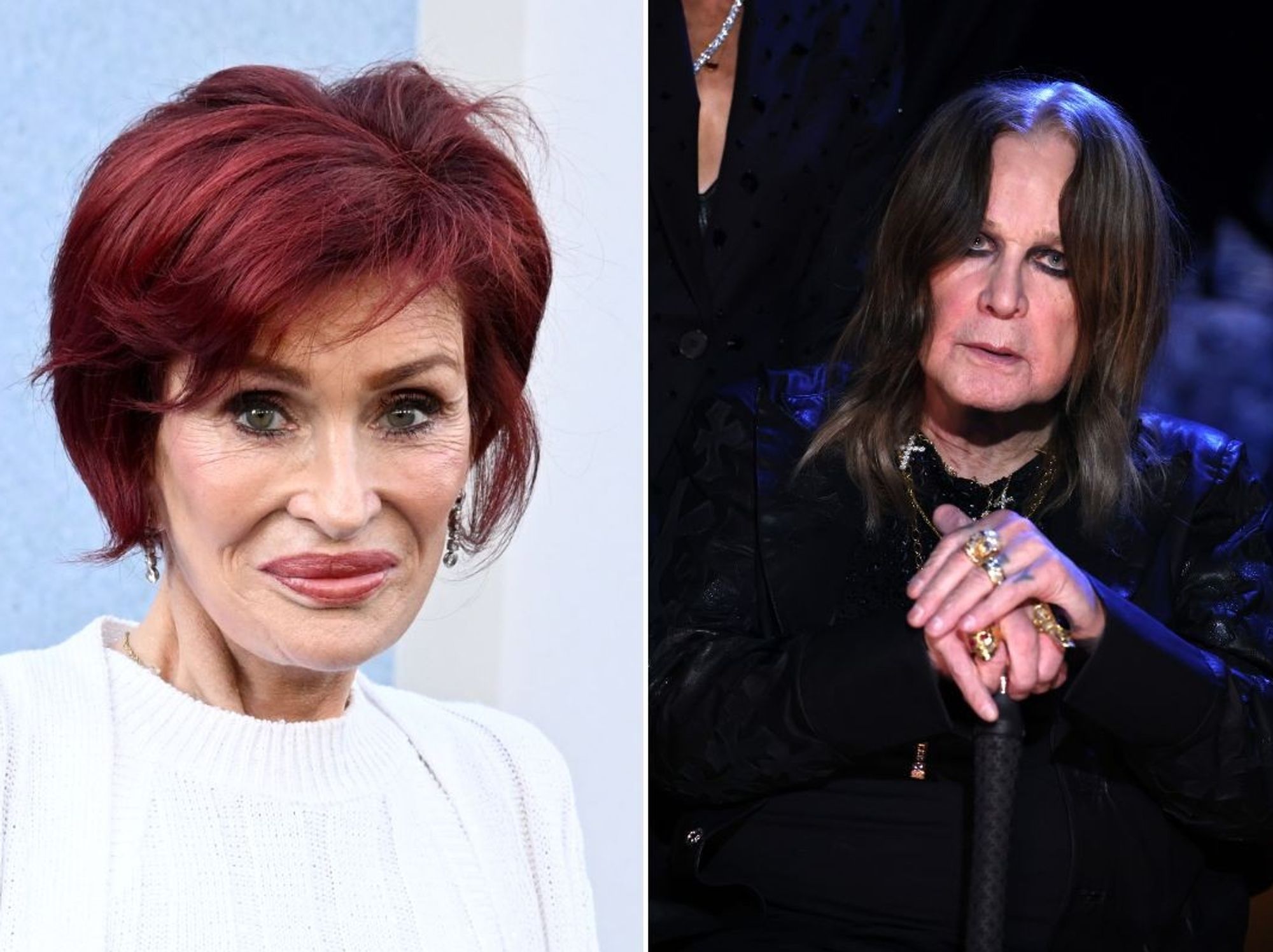At the heart of the dispute is £4,300 in bereavement support payments that the man was denied after his wife's death
Don't Miss
Most Read
Trending on GB News
A widower is awaiting a Supreme Court decision in his legal battle with the Department for Work and Pensions over bereavement support payments.
Daniel Jwanczuk has already won twice against the Government, in both the High Court and Court of Appeal.
The case has now reached the Supreme Court, with the DWP appealing for a third time after losing in March 2025.
"I had to sit in front of five judges last week, listening to a barrister who didn't know Suzzi, arguing against me. And it's painful," Daniel says.

Supreme Court in session
PA / Supreme Court
At the heart of the dispute is £4,300 in bereavement support payments that Daniel was denied after his wife's death.
The DWP rejected his claim because Suzzi had not met National Insurance contribution requirements, as her lifelong disability prevented her from working.
Daniel and Suzzi had known each other since nursery school in 1980, remaining friends throughout their education before becoming a couple in 1995.
Suzzi lived with ullrich muscular dystrophy, a rare muscle condition that eventually confined her to a wheelchair after a fall in 1996.
MORE LIKE THIS:
Daniel, who has severe asthma, became her paid carer.
"She was the most kind-hearted, generous woman that I have ever met," Daniel recalls of Suzzi.
When she died in November 2020 during the pandemic, Daniel lost both his wife and his income as her carer.
"I was on food parcels. I was down getting help from anyone that I could, which was extremely demoralising," he says.
When Daniel applied for bereavement support payments, he was rejected because Suzzi hadn't paid enough National Insurance contributions.
Unlike the state pension, National Insurance credits paid on benefits didn't count - the Government requires contributions to be "actually paid".
Court proceedings revealed that civil servants had warned Lord Freud, then minister for welfare reform, about this exact scenario.
Despite winning in both the High Court and Court of Appeal, Daniel still doesn't understand why the DWP continues fighting.

Despite winning in both the High Court and Court of Appeal, Daniel still doesn't understand why the DWP continues fighting
PA"From day one, it was more about the principle and the injustice than about the money," says Daniel.
His lawyers don't expect a victory would "open the floodgates" on bereavement payments.
This is not the first time the DWP has been criticised for spending taxpayer money fighting benefits cases.
In 2023, it was reported that the department spends tens of millions of pounds annually contesting disabled people's benefit appeals.
The majority of these cases end up favouring the claimant.
For Daniel, the prolonged legal battle has taken a heavy emotional toll beyond the financial implications.
"It has made my grief continue, with me feeling like I can't mentally lay her to rest," he says.








